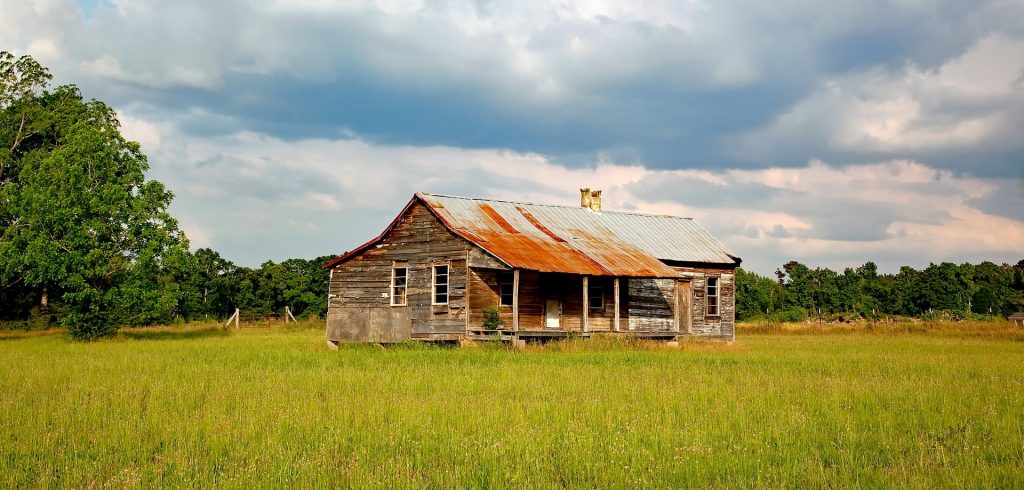Heirs’ property—property passes to two or more inheritors without a will or without a strong will—has been called “the leading cause of Black involuntary land loss” by the U.S. Department of Agriculture. Often, it can leave the heirs as tenants in common, and thus vulnerable to laws that allow speculators or developers to acquire the land in court or at auction.

To combat this vulnerability, Fordham Law’s Community Economic Development Clinic (CEDC), led by Professor Brian Glick, has partnered with Law for Black Lives (L4BL), the legal arm of Movement for Black Lives. The collaboration pairs clinic students with different partner organizations, like National Black Food and Justice Alliance (NBFJA). Among NBFJA’s many initiatives is promoting and supporting Black land ownership (primarily in the South), a crucial aspect of Black empowerment, as property ownership is deeply connected to American criteria for financial stability and independence.
Organizations like NBFJA have established heirs’ property law centers that aim to educate landowners on how to effectively and securely pass their property on to future generations as joint tenants, rather than tenants in common. Another way in which tenants can legally protect themselves and their property is to form a legal entity, like an LLC.
A lot of this information isn’t easily accessible to people outside of the legal field, so the CEDC’s work is critical. Glick and clinic students work with NBFJA to create and disseminate information for property owners that is not only intelligible for those with no legal background, but engaging, as well. It is also up to the students to research and develop their own distribution methods for the material. “A set of clinic students begin to work out how to get this out, whether it’s webinars, something on YouTube, written materials—maybe even a comic book,” Glick explains.
The problem-solving and creative thinking in which the clinic students must engage prepares them for careers serving the public. “Instead of just putting together some kind of bibliography, it’s putting together community legal education materials,” says Glick. “We certainly don’t want clinic work to be just some research project that the students do and that then sits there in the computer. We want it to make a difference in the world.”
Photo: USDA

